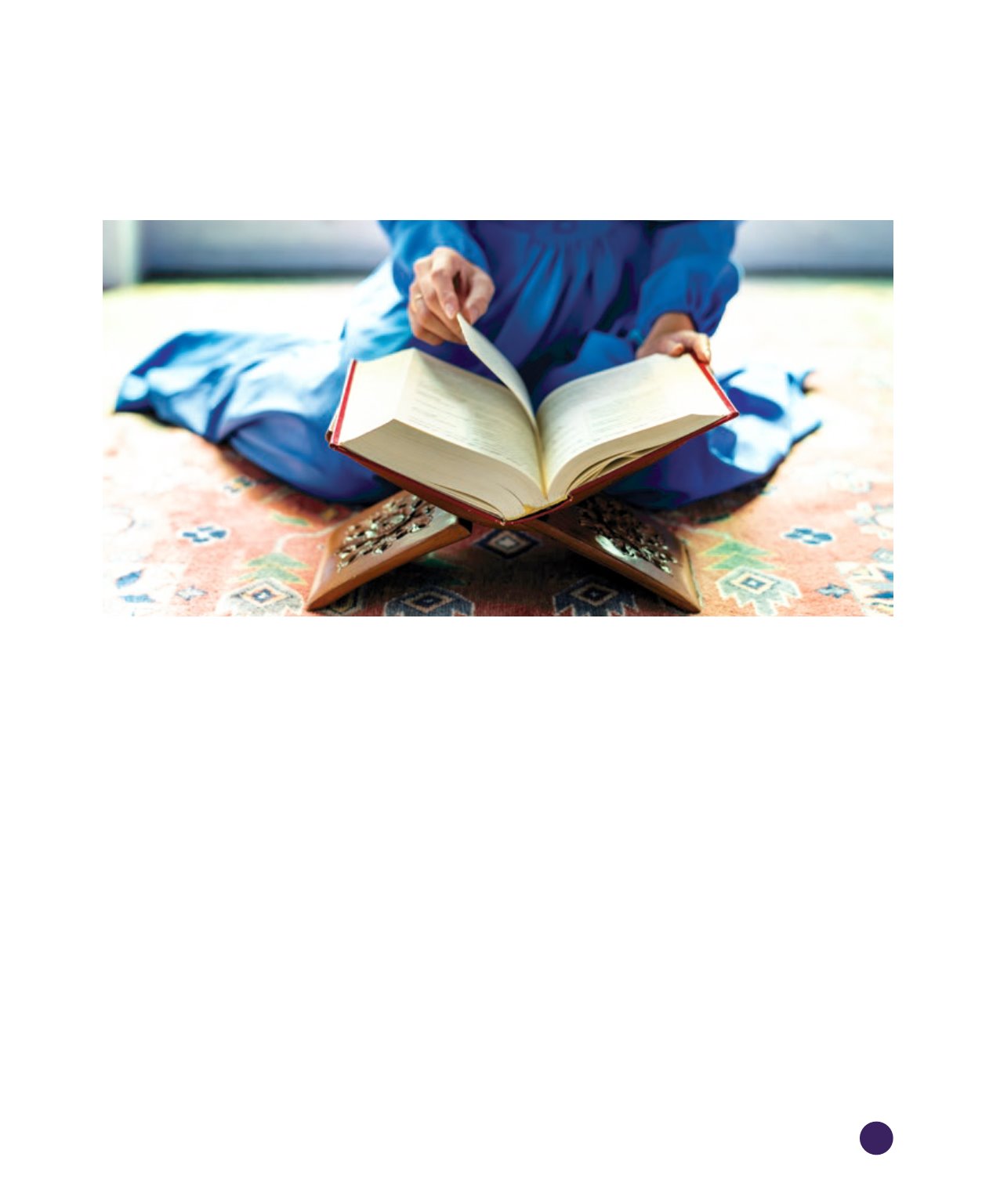

207
VISITOR INFORMATION
HISTORY AND CULTURE
Brunei Darussalam’s current Sultan, His
Majesty Sultan Haji Hassanal Bolkiah
Mu’izzaddin Waddaulah ibni Al-Marhum
Sultan Haji Omar ‘Ali Saifuddien Sa’adul
Khairi Waddien, Sultan and Yang Di-Pertuan of
Brunei Darussalam is the country’s 29
th
ruler.
His Majesty is a descendent of a royal lineage
spanning over 600 years since 1405 when
the rst Sultan of Brunei, Sultan Muhammad
Shah, ascended to the throne and founded a
dynasty. This renders Brunei’s monarchy as
the world’s oldest.
Chinese, Javanese and local Brunei
records have provided insight into Brunei’s
early history, including the early days of
the monarchy. It is believed that Sultan
Muhammad Shah introduced Islam to Brunei,
leading the nation to become the Islamic
country that it is today.
The country’s Golden Age commenced in the
16
th
Century, reaching eminence when Brunei’s
power was recognised throughout Borneo, the
Sulu Archipelago and the Southern Philippines.
The Golden Age coincided with the rule of
Sultan Bolkiah and Sultan Hassan. During this
period, both rulers were able to expand Brunei’s
territory and extend its cultural in uence.
Additionally, the rulers pioneered Brunei’s Royal
Court to its full grandeur and brilliance, rivalling
other monarchies.
Brunei became a British protectorate in the 19
th
Century, and its land area was reduced to 5,765
square kilometres. During the reign of Sultan
Hashim Jalilul Alam, Brunei was divided into two
separate enclaves: Brunei-Muara, Tutong and
Belait districts on one side and Temburong on the
other as a result of the annexation of Limbang by
Rajah Charles Brooke.
Brunei gained independence in 1984, attaining
self-government from the United Kingdom. The
Sultanate’s resilience is evident from being the
only monarchy in the Malay Archipelago to not
only autonomously survive but also prosper into
the late 20
th
Century.
Brunei follows Malay Islamic Monarchy (MIB),
dubbed the national philosophy, which stresses
the signi cance of the Malay culture, Islamic
religion and a country reigned by the monarchy.
Taught in schools, MIB aims to guide the citizens’
way of life and preserve Brunei’s national identity.









